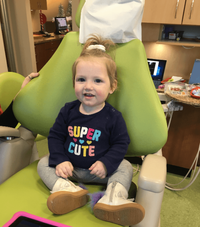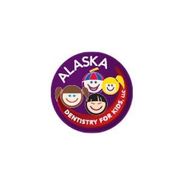Common Questions Parents Ask About Infant Tongue-Tie

Tongue-tie is a condition that affects around 10% of the population. Most apparent at birth, it can negatively affect people throughout their lives. Although its cause is not currently known, it can be treated easily once diagnosed. To help you understand more about this issue, here are some answers to frequently asked questions.
What New Parents Should Know About Tongue-Tie
What is tongue-tie?
Also known as ankyloglossia, this term is used when the tissue under the tongue holds it too close to the floor of the mouth. While all humans have this connective membrane, it’s overly thick or tight in some.
Babies with this condition have decreased tongue mobility. Their tongue doesn’t lift up as far, and they can’t extend it past their gums.
What issues does it cause?
The restriction of movement causes some babies to have difficulty eating. As a result, they might not gain weight appropriately. Because affected infants must use their jaws to create a seal, their mothers are more likely to experience pain during breastfeeding. Left untreated through childhood, it can cause dental issues, speech impediments, and continued difficulty with meals.
How can it be treated?
 Modern treatment for infant tongue-ties involves a quick, noninvasive snipping of the obstructive tissue. Typically done with a medical laser, many children’s dentists are able to perform this low-risk outpatient surgery in a simple fashion. After the procedure, babies are able to return to breastfeeding without restrictions.
Modern treatment for infant tongue-ties involves a quick, noninvasive snipping of the obstructive tissue. Typically done with a medical laser, many children’s dentists are able to perform this low-risk outpatient surgery in a simple fashion. After the procedure, babies are able to return to breastfeeding without restrictions.
What happens after treatment?
Expect several post-surgery appointments to track healing. It frequently takes several days for a baby’s breastfeeding ability to improve. This is normal as they adjust to their increased tongue mobility. Some dentists will prescribe additional stretching exercises during the healing process.
If you’re concerned about tongue-tie in your child, contact Alaska Dentistry for Kids in Anchorage. Dr. Christopher Coplin has over 15 years of experience in child-focused dentistry care and can assist with assessing any possible issues with your little one. After diagnosis, he can guide you toward practical solutions to begin your child’s journey to lifelong dental health. Call the office at (907) 274-2525 to schedule an appointment or learn more about the procedure on their website.
About the Business
Have a question? Ask the experts!
Send your question

